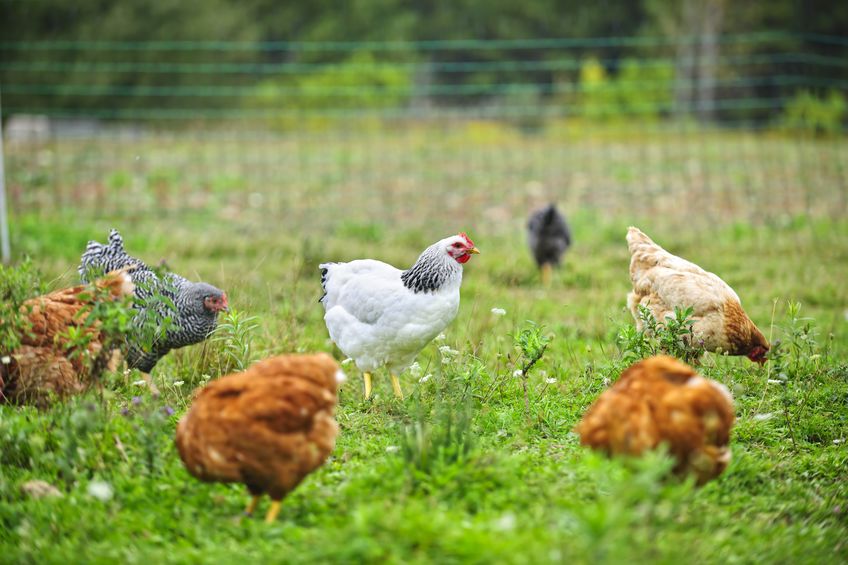
Land going through the two-year conversion period to organic is up over a third in 2021 compared to 2020, according to new figures by Defra.
The UK had a total area of 507,000 hectares of land farmed organically last year, an increase of 3.6% compared to 2020, Defra said in the report.
This increase was mainly driven by a 34 percent rise in the area of in-conversion land.
With the exception of 2019, the area of land in conversion has seen a modest increase every year since 2014.
Organic production comes from fully converted land. Before an area can be considered as fully organic, it must undergo a conversion process.
The area in-conversion expressed as a percentage of the total organic area can give an indication of the potential growth in the organic sector.
However, figures show that the UK's organically farmed area is still less than 3% compared to the European Union average, which is over 9%.
Organic Farmers and Growers (OF&G), which certifies over 30% of the UK organic sector, said the new figures were 'incredibly positive'.
CEO Roger Kerr said: “There is strong appetite from farmers to shift to more agroecological practices and the opportunity for organic and the premium gained for certified produce is clearly attractive."
Mr Kerr added that he was 'quietly confident' for the future uplift in the country's organically farmed area.
“The latest figures from Defra don’t consider the big economic shocks of the past year. Add to that, the fact that farming is in a period of unprecedented change.
“The upshot is that we are seeing a bigger interest than ever in ‘de-risking’ farming businesses.
“The Ukraine conflict has illustrated the volatility of input cost and reducing or removing artificial inputs entirely is being seriously considered by a lot of farmers.”
Mr Kerr also pointed to a growing demand for organic produce, as figures show that consumer spending on organic is up, hitting around £3 billion for the first time.
“While we have to be mindful of the cost-of-living crisis, core organic consumers are proven to be resilient and with an increasing focus on the environment, market opportunities are opening up,” he said.
Other findings in Defra's report show that 61% of UK organic land is accounted for by permanent grassland, and 61% of the total UK organic area is in England.
